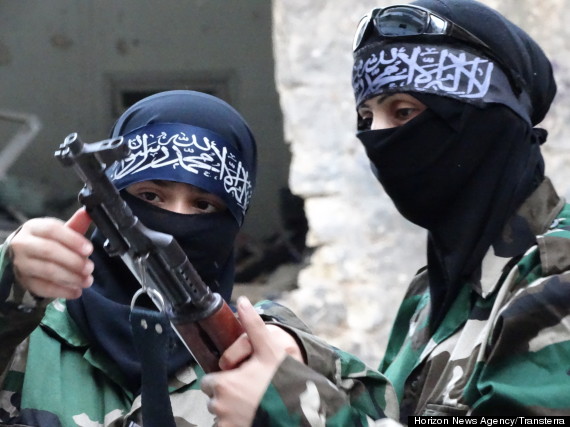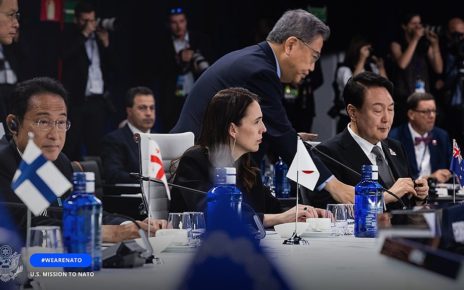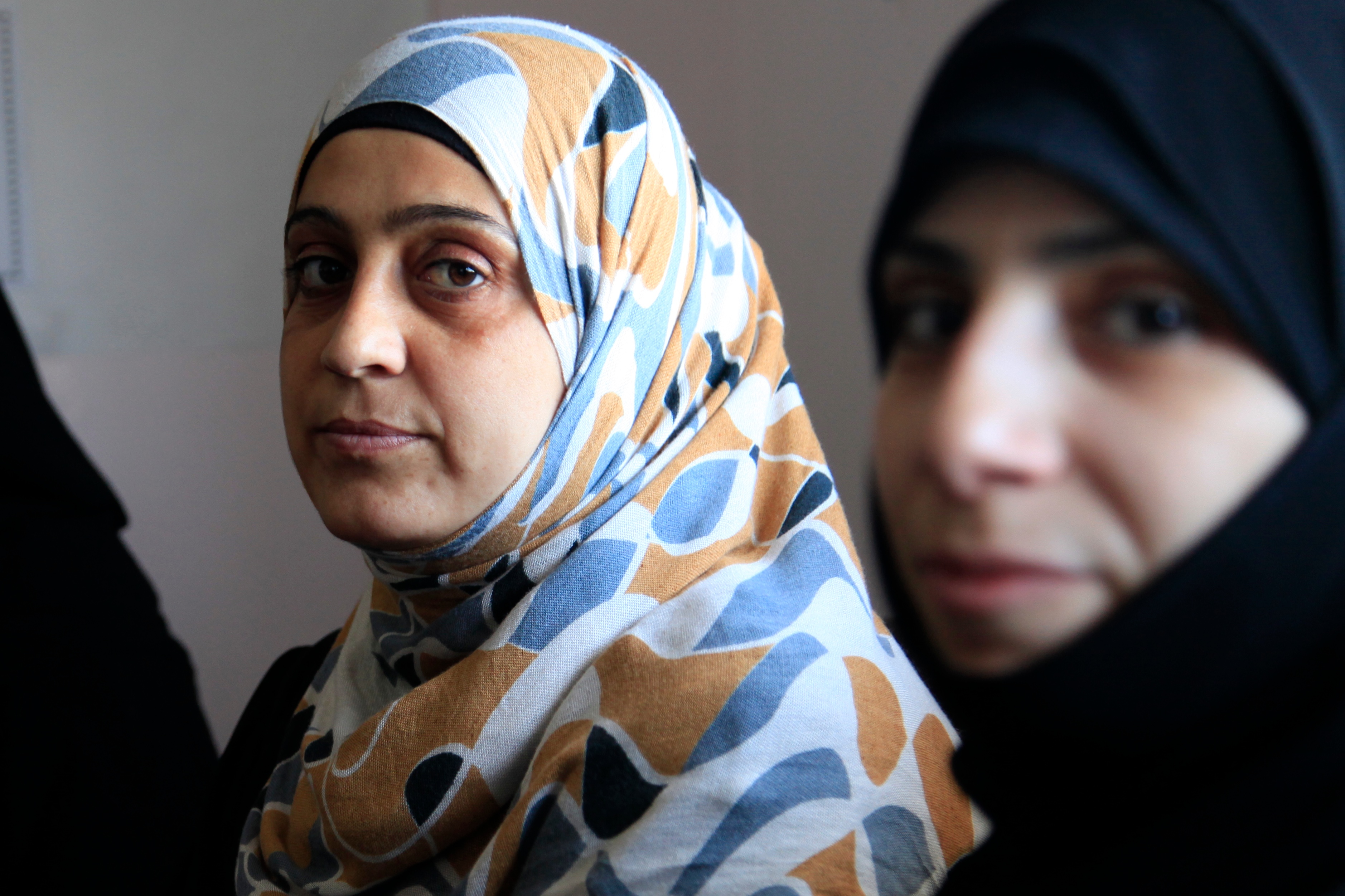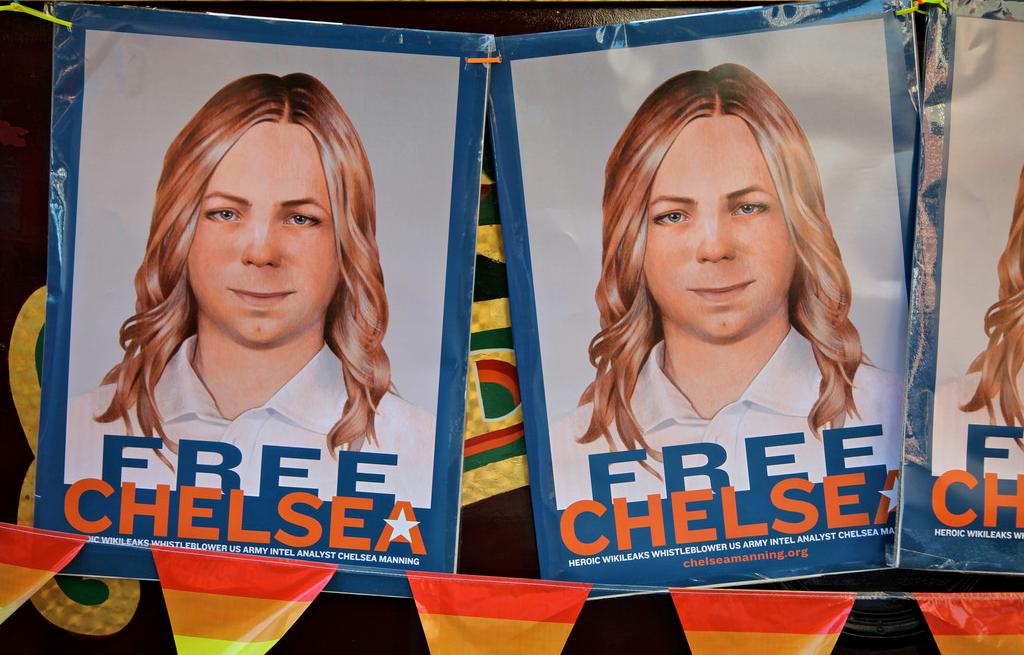Syrian policies and procedures during the Assad reign kept a multitude of ethno-religious groups under the control of a regime drawn from the Alawite minority. Over time, these repressive measures agitated Syrians. The Arab Uprising was an opportunity for frustrated civilians to voice their concerns and demands. Demands for reforms did not work in their favor because the regime chose to respond in a brutal manner. While civilians took to the streets, the security apparatus openly executed Syrians and chose to regain control by exerting power. Defections from within the army proceeded and ex-Syrian soldiers began to defend the civilians of Syria. From peaceful protests to armed revolts; all of this happened within a few months. Then, negative conflict between the Free Syrian Army (FSA) and Syrian regime began, and external and internal armed groups entered the conflict by either taking up arms against the regime or by carving out safe zones for a particular ethnic group. It is worth noting that, as part of this development, Syrian women have picked up arms.
Syrian Women: Indispensable for Fight against Syrian Regime
The rebels are often represented as groups that consist of men and the roles of Syrian women are underrepresented. Women protested alongside their male counterparts during the protest phase, but as the conflict escalated men dominated the frontlines. As a result of a lengthy conflict, females entered the battle on the side of the FSA. A particular group consisting of only female rebels was created in Aleppo. These rebels call themselves the Al Mouminin Aisha, which is the name of Prophet Mohammed’s wife. A noteworthy fact is that these rebels picked up arms for security-related issues; they want to protect their neighbourhoods and stop the prevalence of sexual crimes committed against girls and women. Though their combat roles remain unclear, it is known that this particular female rebel group performs operations such as monitoring the Syrian military apparatus and guarding checkpoints.
Another rebel group consisting of women is a Kurdish group known as the People’s Protection Units, or YPG. The YPG is known for recruiting women and gender differences do not determine the roles played by women. As a result, the YPG is one of the strongest armed groups fighting in Syria, especially because Kurdish enclaves remain in the hands of Syria’s Kurds.
[captionpix align=”left” theme=”elegant” width=”300″ imgsrc=”http://natoassociation.ca/wp-content/uploads/2013/09/g-28-syria-women-2-getty.jpg ” captiontext=”National Defence Force”]
The Women of Pro-Regime Forces
These anti-regime female groups are also a response to the National Defence Force (NDF). NDF is a paramilitary unit that includes female fighters and it was created by pro-Assad forces such as Iran, Syria’s key ally, in order to have better equipped and well-trained paramilitary groups that are capable of protecting pro-regime neighbourhoods and engaging in combat which, in turn, allows the Syrian army to focus its resources on a specific front. Pro-Assad female fighters present themselves as fedayat – which translates into sacrificing oneself for a cause.
The Apparentness of Grief
Women joining anti or pro-regime groups demonstrate that a lengthy conflict can cause diverse individuals to enter a conflict. Spectators often hear about the impact that various ethno-religious groups have on Syria’s conflict; the focus is on Syria as a conflict that is overtly sectarian. This often overlooks the roles played by Syrian women, and their goal to protect the female population, in addition to ousting or protecting the regime. Rather than hiding from the violence, women are taking action. Whether the reason is to prevent sexual crimes or end the civil war, there will be a rise in female fighters as the conflict continues.




